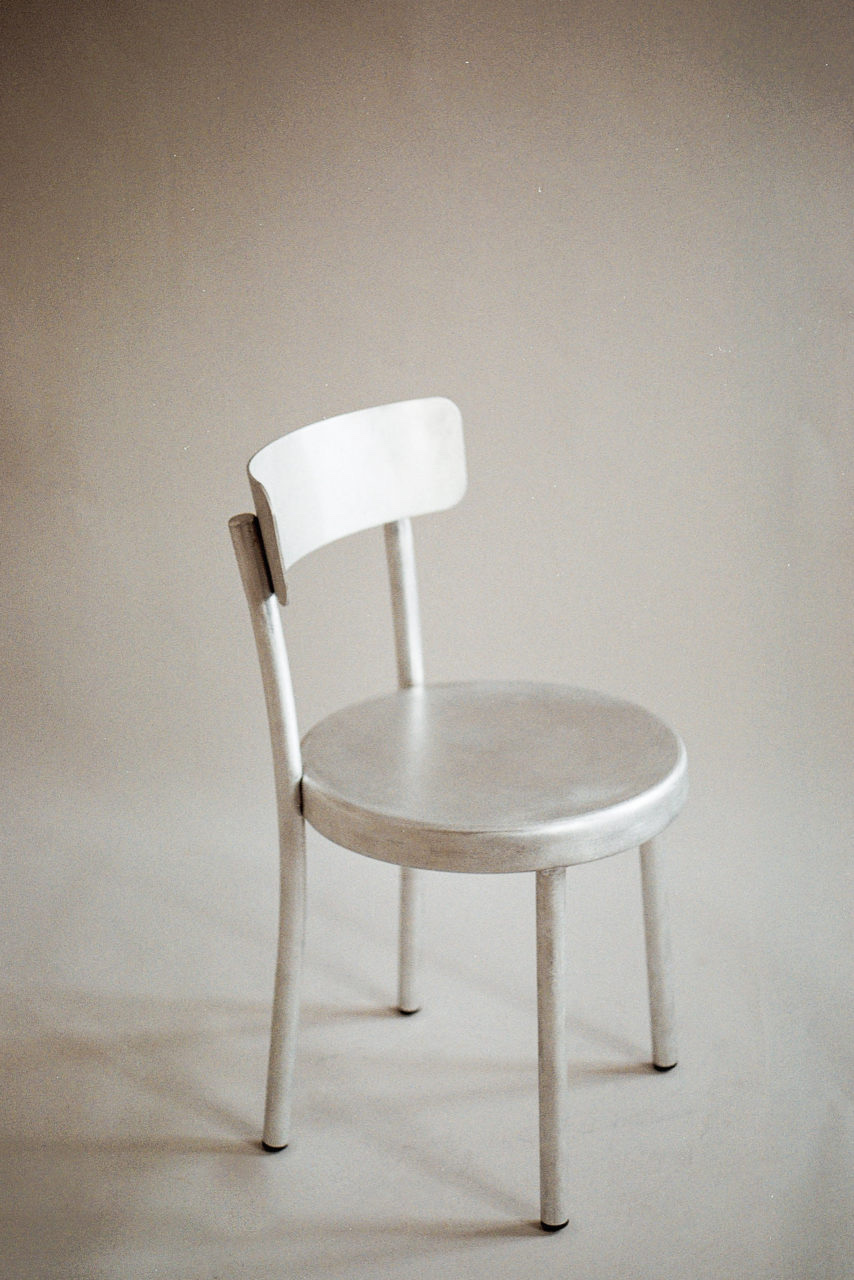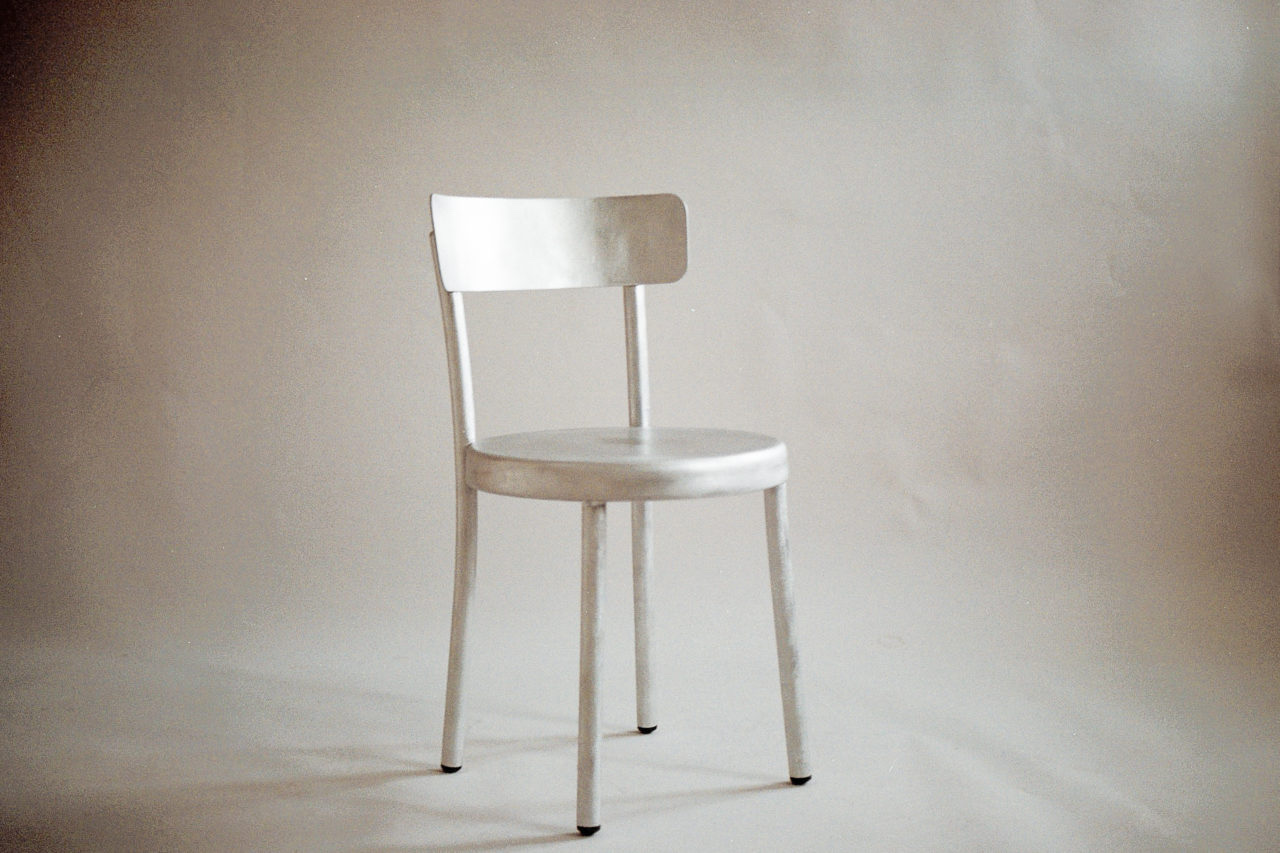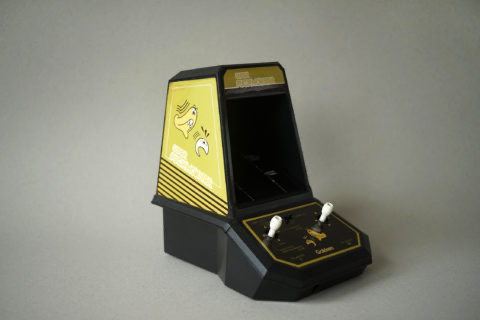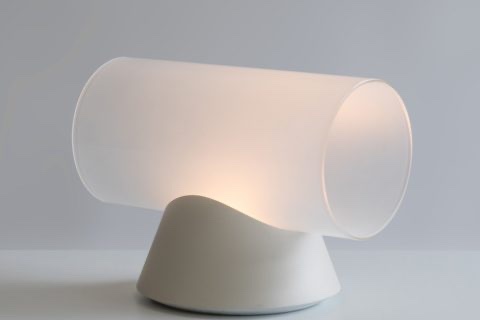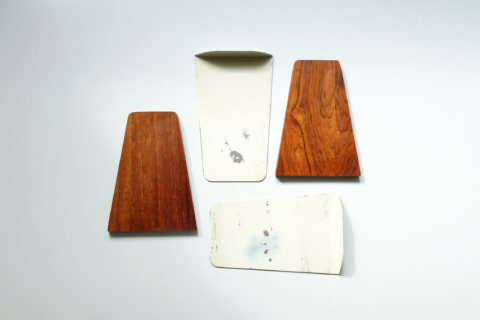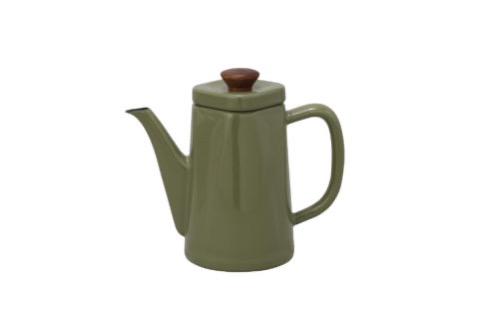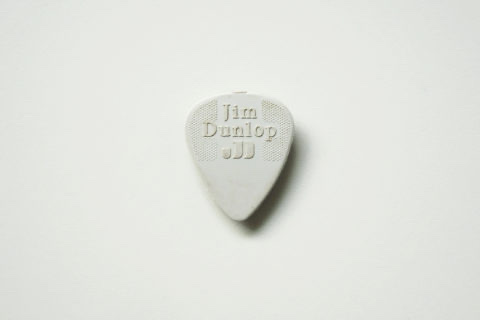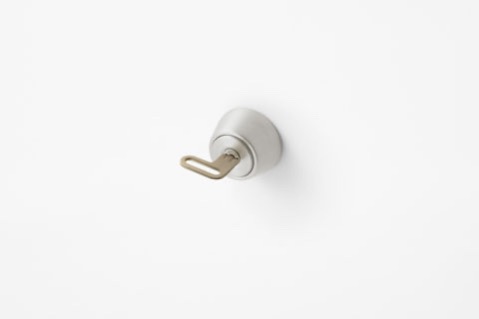
第一次留下的印象,會成為以後生活上的依據。像每一個原點,經歷過然後會懂得那些觸動。
「很多著名的傳統葡萄牙料理都是在Tasca裡初次認識到。」本來是在家庭聚會中,媽媽與祖母會分享獨門食譜,能稱為「秘方」的可能並非多大的情節,而是每家的習慣形成了從小烙下的飲食記憶,媽媽的料理不就是以回憶加乘得出的感動嗎,不分勝負地。「Tasca像是媽媽的味道,能撫慰人心的料理,是comfort food。」設計師Pedro Sottomayor看我提到書中讀過的里斯本遊記,便以在地人的身份確定了一下我對Tasca的想像。
Tasca,是在葡萄牙隨意蹓躂會在轉角遇上、有幾把桌椅隨意放於巷弄、裝潢簡單的小餐館。大多位處遠離市中心的小區,賣著地道家常風味,就像走進地方媽媽的家,里斯本尤其多這種小館子。當日菜式會隨手寫在紙餐巾或牆上,從小食(葡萄牙語是petiscos)、主食到甜品一應俱全,地方雖小卻能隨時變出一室美味。Tasca在20世紀初主要服務工人階級,因價廉物美份量足,能輕鬆暢飲葡萄酒、啤酒、咖啡,生活基本所需都能滿足。兩年前讀過一段寫關於如何分辨正宗Tasca的文章,第一點便提到「那裡沒東西會超過10歐元,不然即使食物再好吃再家常也請轉身離開吧。」十分直接了當。
「對啊,傳統Tasca都是這樣的,但現在會找到一些餐廳嘗試將地道Tasca料理呈現得更仔細,價格會高一些,但我認為這就如所有地方傳統的演變模式吧。」
Pedro出生在葡萄牙波爾圖,最近他以Tasca為概念,設計了椅子「Tasca Chair」。「我總是會想像我的設計能帶給別人什麼感覺。Tasca Chair大概就是:誠實、簡單與真實。」
「後來我嘗試自己在家中重現其中一些傳統料理,複製相同的技巧與調味,這是一生的學習啊。」
First impressions often set the benchmark for comparing future experiences and leave profound reverberations.
“It was in a tasca that I first got to know the staple Portuguese dishes,” It all began with family gatherings, where mother and grandmother shared their original recipes. These recipes were “secret” not because there was a dramatic backstory to them. Rather, they were the culmination of decades of habits, traditions and memories with food. After all, isn’t a mother’s cooking a love story with food and childhood memories, whether she is a gourmet cook or a casserole queen? “Tascas remind me of my mother’s cooking. It’s soothing comfort food,” the designer Pedro Sottomayor tried to visualise for me what a tasca was like, when I mentioned the Lisbon journal in the book.
Amble around Portugal and you will find modest-looking taverns or bars, with tables and chairs casually arranged in the backstreets. These small, family-run tascas are usually found in older neighbourhoods of Lisbon or in areas away from crowded city centres, and remind one of a mother’s cooking. The daily menu consists of petiscos (tapas), mains and pudding and it’s typically handwritten on napkins or on the wall. Tascas used to be popular mainly among workers in the early 20th century, for their great value and full coverage of wine, beer, coffee and other essentials. I read an article on authentic tascas two years ago; the first tip for differentiation read, “Nothing on the menu of an authentic tasca would cost more than 10 euros. Otherwise, get up and go – even if the food is actually incredible.”
“That’s true. There is a rule that all prices at an authentic Portuguese tasca should be cheap. But nowadays you can find several restaurants trying to follow the authentic tasca dishes but with more careful presentation and higher prices – that’s how traditions evolve in all countries, I think.”
Pedro was born in Porto, Portugal. Inspired by the tascas around his hometown, he created the Tasca Chair. “I always try to imagine and convey certain feelings through my projects. The Tasca Chair is a result of all these inspirations: honesty, simplicity, and authenticity.”
“Later, I tried practising the tradition at home: making several tasca dishes, recreating the same techniques and seasoning. It’s a school for life, a very important reference.”
